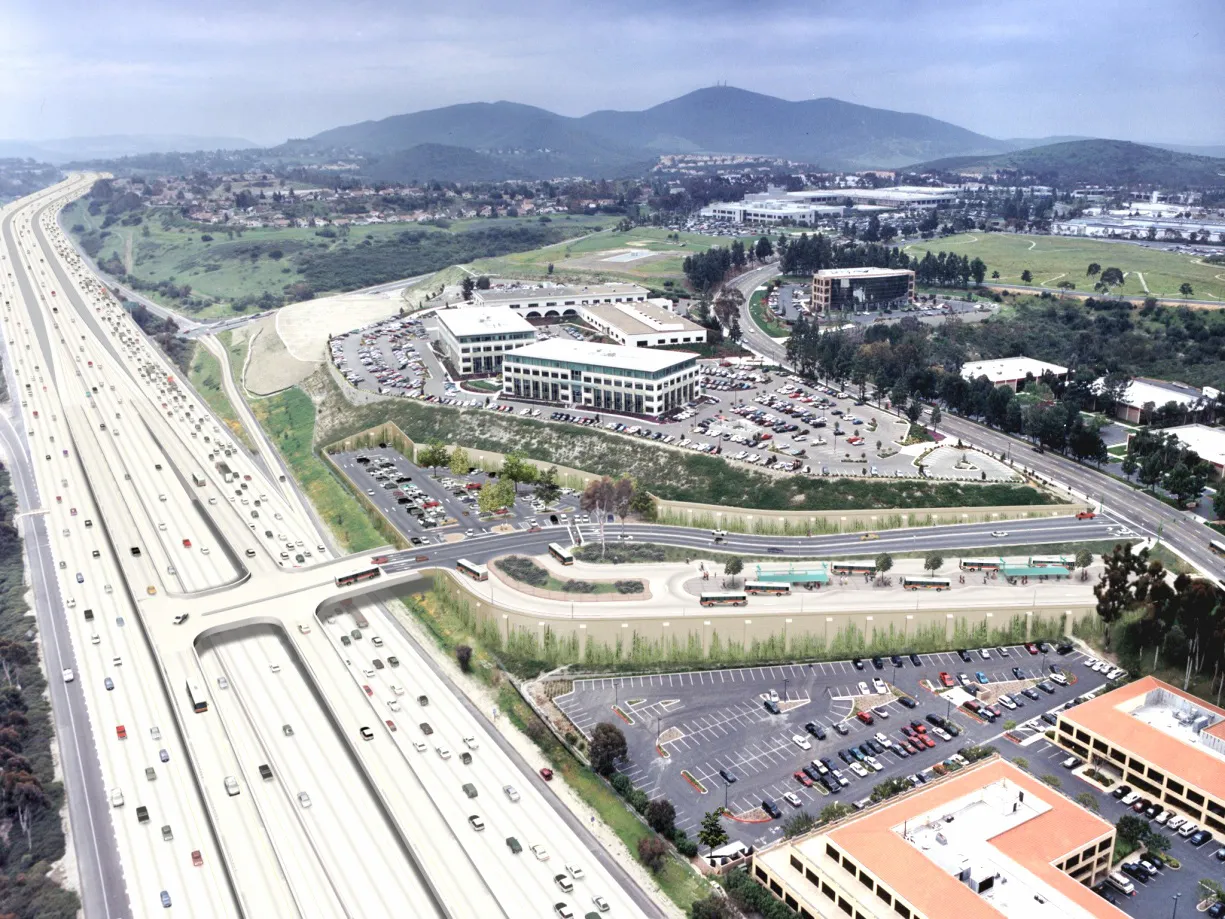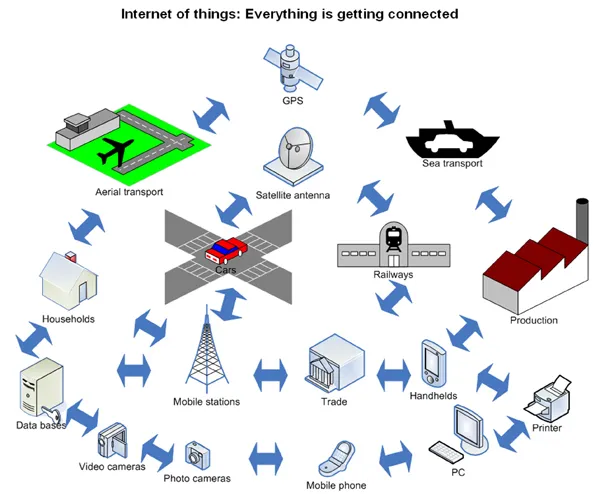Co-Cities (Cooperative Cities) is a new EU-funded project aims to improve current traffic information management in cities and urban areas. But what is different about this approach is that it involves end users being able to report their feedback to the traffic management.
May 1, 2012
Read time: 2 mins
Co-Cities (Cooperative Cities) is a new EU-funded project aims to improve current traffic information management in cities and urban areas. But what is different about this approach is that it involves end users being able to report their feedback to the traffic management.
The project will run for three years and pilots will be tested in the cities of Bilbao, Munich, Prague, Reading, Vienna and in the Tuscany Region site (this site will include information services available in different Tuscany cities and over the regional area).
Up to now, transport information services included dynamic navigation, intermodal routing and real time advice, but did not deliver information sent out by the traveller to traffic management. Co-Cities will take up the idea of mutual information exchange and develop a dynamic feedback loop from mobile users and travellers to the cities' traffic management centres adding cooperative mobility to traffic information services. Using this feedback loop the project extends and validates integrated multimodal information services and enhances the quality for all users.
The real challenge for cooperative cities and service providers is the accuracy and quality of the services. These services will be presented in an integrated and consumer friendly way giving the end user the option to directly feedback traffic related events to the cities’ traffic management centres. With this feedback loop from the users to the traffic management Co-Cities can react to changing traffic conditions and adapt their traffic management and control plans faster than before, communicate changes dynamically to travellers and people on the move and enhance mobility in urban areas.
The result of Co-Cities will on the one hand be interoperable and multimodal RTTI (Real time traffic information) services to end-users using different hardware and software platforms such as personal navigation devices, smart phones and web services and develop Europe–wide services based on regional traffic and travel data. On the other hand Co-Cities will offer business-to-business services which enable Europe-wide Traffic Information Service Providers (TISPs) to cooperate with regional and urban authorities in fields such as strategy-based routing and adaptive mobility services.
The project will run for three years and pilots will be tested in the cities of Bilbao, Munich, Prague, Reading, Vienna and in the Tuscany Region site (this site will include information services available in different Tuscany cities and over the regional area).
Up to now, transport information services included dynamic navigation, intermodal routing and real time advice, but did not deliver information sent out by the traveller to traffic management. Co-Cities will take up the idea of mutual information exchange and develop a dynamic feedback loop from mobile users and travellers to the cities' traffic management centres adding cooperative mobility to traffic information services. Using this feedback loop the project extends and validates integrated multimodal information services and enhances the quality for all users.
The real challenge for cooperative cities and service providers is the accuracy and quality of the services. These services will be presented in an integrated and consumer friendly way giving the end user the option to directly feedback traffic related events to the cities’ traffic management centres. With this feedback loop from the users to the traffic management Co-Cities can react to changing traffic conditions and adapt their traffic management and control plans faster than before, communicate changes dynamically to travellers and people on the move and enhance mobility in urban areas.
The result of Co-Cities will on the one hand be interoperable and multimodal RTTI (Real time traffic information) services to end-users using different hardware and software platforms such as personal navigation devices, smart phones and web services and develop Europe–wide services based on regional traffic and travel data. On the other hand Co-Cities will offer business-to-business services which enable Europe-wide Traffic Information Service Providers (TISPs) to cooperate with regional and urban authorities in fields such as strategy-based routing and adaptive mobility services.







